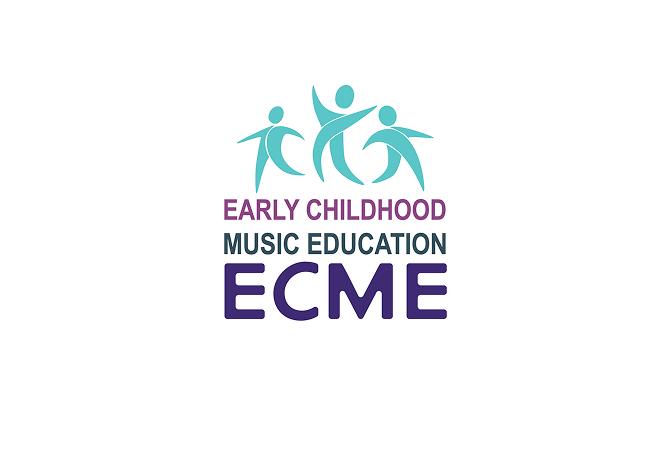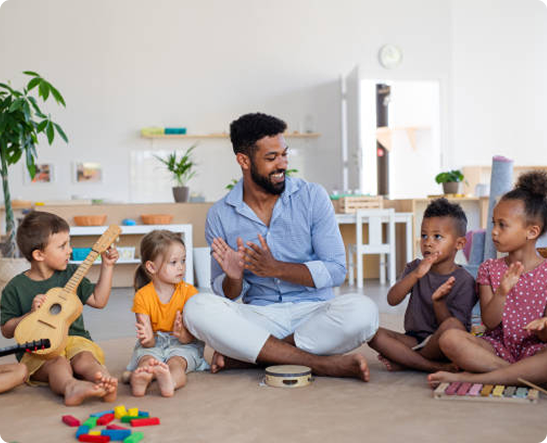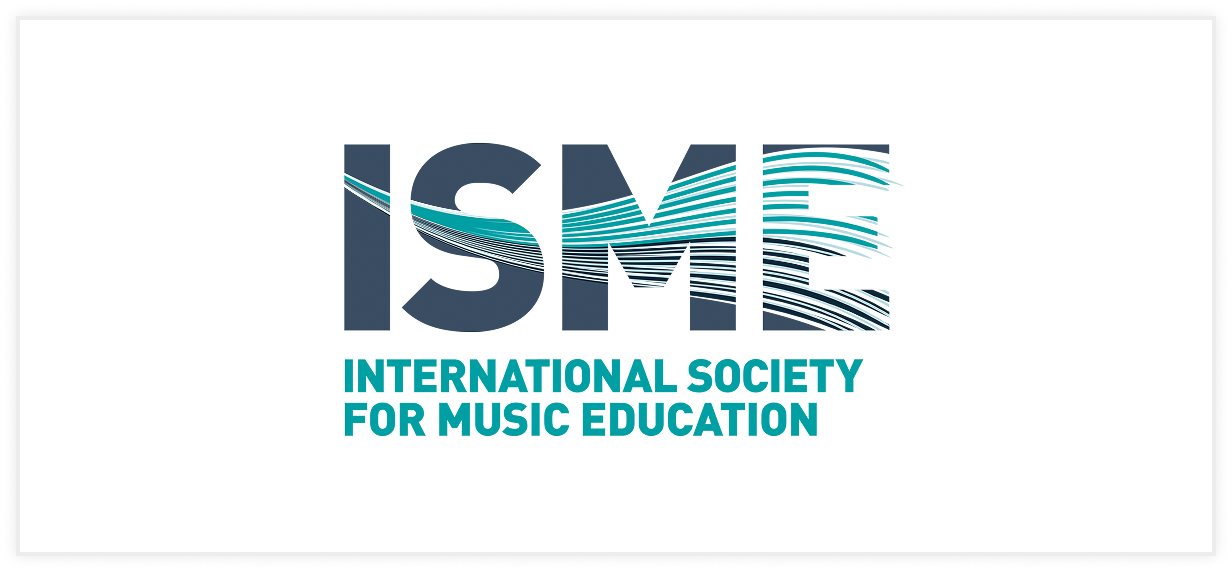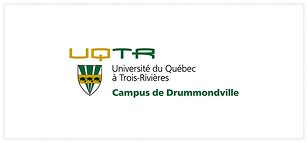EARLY CHILDHOOD MUSIC EDUCATION
21 - 24 July, 2026

Early Childhood Music Education
ISME Commission Pre-Conference Seminar 2026
Theme
Dates
21-24 July, 2026
Venue
Université du Québec à Trois-Rivières in Drummondville
Drummondville, Québec, Canada
Welcome Message from Commission Chair
ECME is guided by a team of early childhood music educators and researchers from many places around the world. We focus on music education research and practice with young children (defined as prenatal through age 8 years). Through our work with families, researchers, and practitioners invested in the co-creation of relevant teaching approaches, we consider music to be essential to young children’s holistic well-being and development as social, empathetic, thinking, and aware human beings. We advocate for all children’s right to equitable and accessible musical education.
As such, we welcome submissions to the upcoming pre-conference seminar that focus on ecological considerations within early childhood music education. Given the uncertainty of our collective time and place in world history, we believe that it is essential to contribute to the well-being of society through our work as early childhood music education researchers and practitioners. Our discipline focuses on human musical activity as the foundation of healthy development through social and emotional interaction with our youngest children. The work of our commission members as practitioners and researchers has contributed to the healthy functioning of communities world-wide, and our bi-annual conference has allowed us to make connections with each other that strengthen that work.
We look forward to welcoming new and returning commission members to our upcoming conference.
Dr. Elissa Johnson-Green
ECME Chair
Welcome Message from Local Host
We are really excited to welcome you this summer to the Université du Québec à Trois-Rivières, at our Drummondville campus!
Nestled among mature trees and bordered by the river, this charming campus offers a peaceful and light-filled environment—perfect for meaningful conversations and thoughtful reflection. We’re confident that we’ll all feel right at home.
Just a short walk from campus, you’ll find cultural and historical gems like the famous Village Québécois d’Antan – a unique heritage site that recreates life in a 19th-century Québec village. With costumed characters, traditional crafts, and immersive experiences for all ages, it’s a must-see destination that brings history to life in a vibrant and engaging way.
Drummondville proudly claims the title of poutine’s birthplace—the iconic dish was invented right here. During your stay, we’ll make sure you get to discover and enjoy this delicious part of Québec’s culinary heritage, right where it all began!
To round out your experience, we’ll have the pleasure of taking a group tour of Québec City and exploring the historic district of Old Québec together at the end of the conference. In just a few days, you’ll have discovered three vibrant cities: Drummondville, Québec City, and Montréal—each offering its own unique charm and cultural richness.
We’re truly looking forward to gathering with you in this inspiring place.
Professor Aimée Gaudette-Leblanc
Local Host
About Early Childhood Music Education
We acknowledge young children’s movement within multiple communities of practice inclusive of home, community, and school environments. We view these contexts to be interrelated, and to have equal influences on children’s musical development, activities, and experiences. We consider young children to take a primary role within these communities; as musically creative beings, children have agency and voice in their own learning. We believe that it is essential for effective and relevant teaching and research to keep children’s musicality and need for musical learning and expression at the center of all that we do. This perspective fosters equitable and differentiated approaches as we search for ways to create meaningful and effective music education for our youngest learners.
We believe that research in early childhood music education allows us to understand musical experiences, expression, and learning as vital to young children’s well-being and development. Further, when put into practice, this research improves our ability to encourage young children’s love of music and to help them build a foundation for life-long musical participation and musicianship. As such, we take seriously the need for developing strong research and pedagogical thinking and practice among the ECME community and beyond.

- The development of pedagogical thinking, working to understand the interactions among children’s musical behavior, practice, and development.
- Meaningful music education in the face of challenging and changing social and cultural circumstances.
- Music and wellness in children’s lives and in society, including the role music plays in building relationships, fostering a sense of belonging, and maintaining health and resiliency.
- Fostering equitable practices in classroom and community music settings through establishing communities of learners inclusive of background, learning diversity, and identity.
- Children’s and families’ musical cultures and identities and the impact they have on formalized musical teaching practices.
We value the international forum for the exchange of ideas, development of dialogue, and collaboration among colleagues in research and practice. Through these collaborations, we work toward positive changes in music education and policy.
Important Information
Key Resources & links
2026 ISME Pre-Conference Seminar Guidelines
Event Partners / Sponsors


